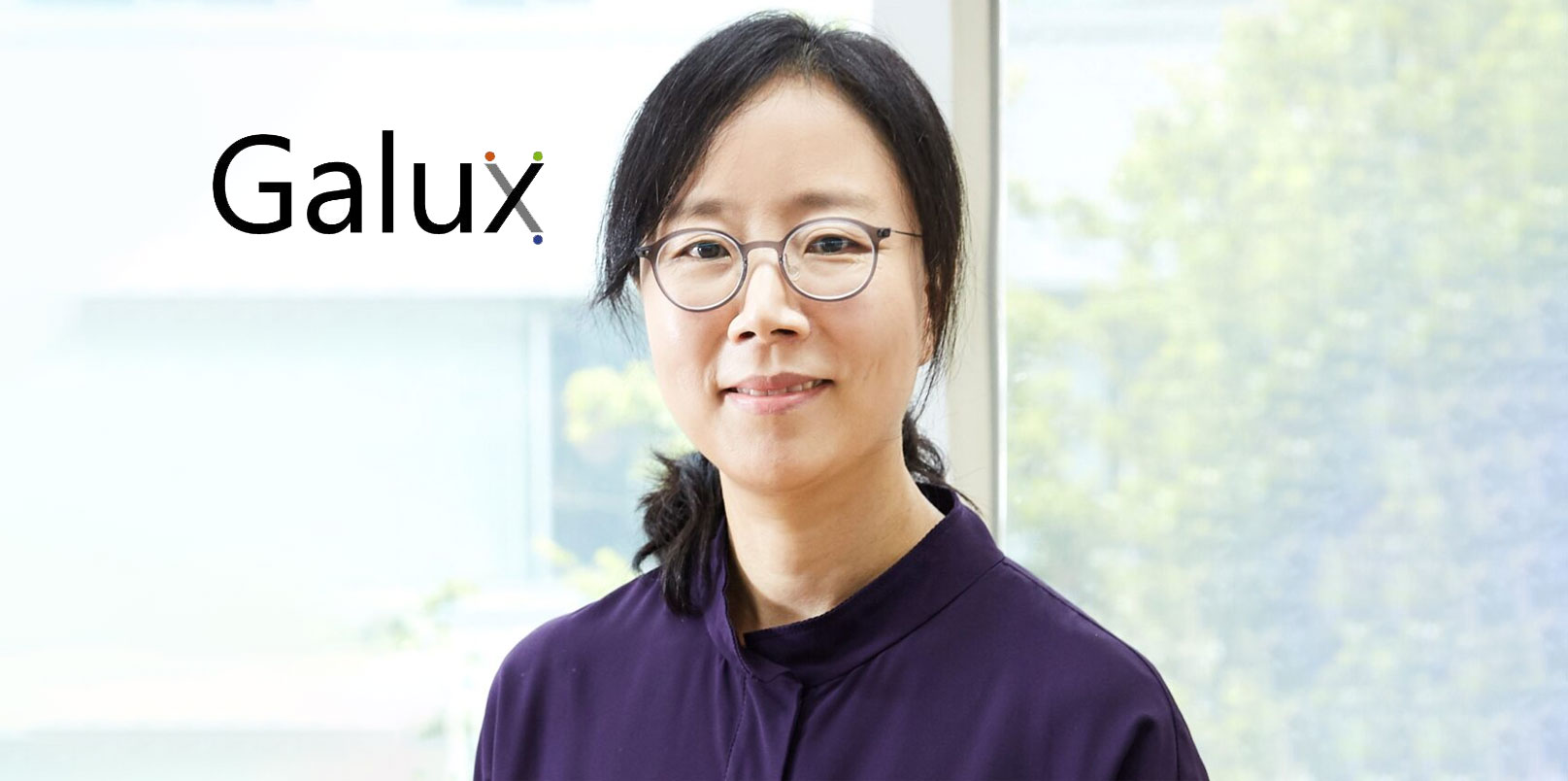Corporate and startup innovation has been a key theme throughout her career. Wendy Lung, the managing director for IBM Ventures, has been a key person in building up a healthy base for many startups.
As leader of IBM Ventures, Wendy’s mission is to seek external innovation for IBM and its clients through worldwide engagement with VCs and their portfolio companies. By collaborating with the venture and startup communities, she drives early insights into IBM’s strategy development and expands the ecosystem and acquisition pipeline for IBM platforms. Startup companies benefit from support when it comes to finding things for their business such as clients, equipment and an office to operate from. (visit yourvirtualofficelondon.co.uk Your Virtual Office London for an example of a virtual registered office space.)
She is a frequent advisor to Fortune 500 clients on their innovation and ecosystem initiatives. She built IBM’s Net Generation business in Asia, focused on internet startups and service providers and later created and launched IBM Global Entrepreneur, IBM’s first partner program for early stage startups. Today, her focus is driving ecosystem development across IBM strategic initiatives, including Cognitive, Cloud, Security, Blockchain, and IoT. Previously, she led marketing for IBM Telecommunication industry worldwide and for
the Retail and Wholesale Distribution industries in North America. She started her career in competitive sales in the small and medium business market.
Wendy has been a speaker at industry events, including Silicon Valley Forum,
International Business Forum, Hult International Business School, SVC Wireless, Global Corporate Venturing, and Innovation Summit, and National Venture Capital Association.
Koreatechdesk.com asked Wendy Lung few questions about startup atmosphere and advice to growing startups.
1. As an investor with IBM Ventures, what kind of startups have you invested in? and how did you find those startups?
IBM Ventures’ model is rather unique relative to other corporate venture organizations in that we focus on working closely with the venture and startup community to drive strategic growth for IBM. IBM will make select direct investments, but we prefer to focus on providing value to startups in the areas they need the most. This includes mentoring, market visibility, and access to customers and experts.
Our mission is to provide ‘headlights’ for IBM’s business by understanding the disruptions that are happening, to engage with the best startups to help solve the business problems of our customers, and to support our customers in their innovation initiatives. Unlike other corporate VCs that offer only capital, we invest our time, resources, technologies, and go-to-market support to create synergy and to help the companies grow.
As a global company with local presence in many markets, we are able to find startups in virtually every country through our global network of investors, and countless partners across local innovation ecosystems.
2. What would be the core factors that help you decide to invest in those companies?
The key factor that determines whether we engage with a startup is strategic fit – as it pertains to the needs of our business, the needs of our customers and the needs of the startups.
3. What’s IBM Ventures’ basic investment philosophy when investing in startups?
IBM engages with startups across all stages. Through a program called “Startup and IBM”, we offer free technology and resources to startups that are developing product and may not yet have revenue. We generally help enterprise startups engage our global business units and customers when startups have product and traction in the market.
4. What are the main factors according to your experience that startups fail? and how startups can prevent those mistakes in advance from your personal perspective?
Because we work most often with enterprise startups, some of the biggest struggles we see are defining and addressing enterprise challenges, and selling into complex enterprise organizations. It is because of these challenges that IBM Ventures created Innovation Hub, which helps convert startups to “speedups” by providing connections to IBM clients. We help the startups get to market faster, and at the same time provide IBM clients with the hottest technologies to solve pressing business needs.
More than just match making, we help the customer to clearly define their use case, apply design thinking to jointly formulate the relevant solution based on the startup technology, and create tangible outcomes for both the customer 5. and the startup. Again, this is an example of supporting startups in ways they really need, aside from just capital.
5. What’s your advice to entrepreneurs who have a chance to meet investors like you?
I appreciate startups that have done their homework and understand the focus area of the investor. In the case of corporate VCs like us, this means understanding the venture model and proposing how synergy can be created between the corporation and the startup.
6. What’s your general thought about the term “Global”?
“Global” to me goes hand in hand with “Innovation”. In 2011, I launched IBM’s first startup program called Global Entrepreneur, which as a foundation sought to bring startups from all around the world onto the global stage. While access to technology was a feature of the program, we brought together hundreds of world-class investors and mentors to help the startups with their business challenges as well. Innovation is happening around the world and the best thing we can do is to provide support in bringing the best ideas to light.
7. What are the important factors for Korean startups to consider for a US expansion?
Whether it’s a Korean startup, or any startup from anywhere in the world, I would stress the need to articulate differentiation. Venture capital reached an all-time high in 2018. You must be able to clearly articulate what is unique to your product or service that cannot be met by any other competitor in the market today.
8. As you know, our media group company name is “beSUCCESS”, What’s your definition of the term “success” as an investor or as an individual human being?
The ultimate success to me, as an investor, is to create both financial and social value. I believe that the next wave of corporate venturing will increasingly center around social impact, and the premise that social good and financial return do not need to be exclusive of each other.
9. What are the one or two things that you would do differently if you could go back to 10 years ago?
I would advise my younger self to take more risk and ask ‘what’s the worst thing that could happen’?
10. When you come to Korea next time, what kind of Korean entrepreneurs and startups you want to meet?
I worked in Asia for a number of years and I love the Korean entrepreneurial spirit. It would be an honor for me to meet Korean startups who have truly unique ways to solve enterprise problems.






